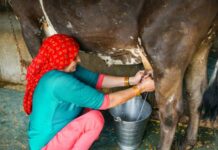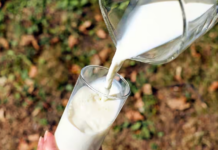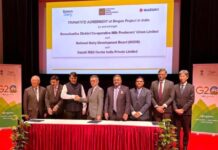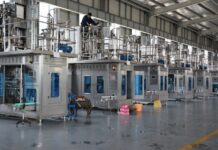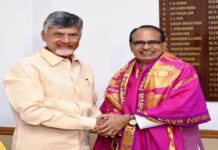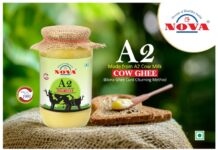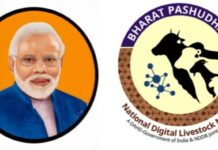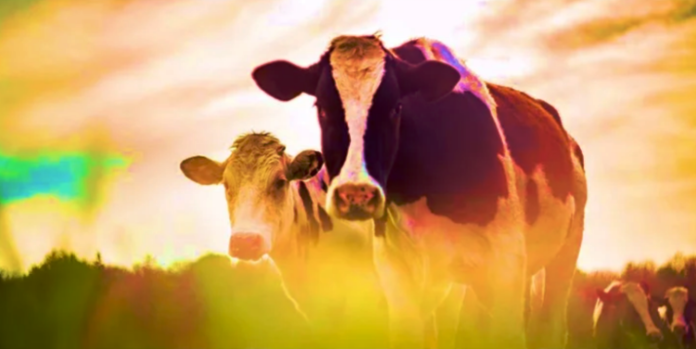Dairy farming in the Netherlands has become a topic of intense debate, with opinions sharply divided. Interestingly, the timing of GDF’s annual congress in New Zealand this March couldn’t be more fitting. Both countries stand as major dairy exporters, boasting robust dairy industries and leveraging favourable climatic conditions for milk production.
As a dairy farmer in the Netherlands, I’ve witnessed significant strides in efficiency and animal welfare on our farm. We’ve achieved lower fertilizer usage, reduced antibiotic reliance, improved labour efficiency, and tackled numerous other challenges. Looking ahead, I’m optimistic about the next decade, foreseeing even greater advancements such as climate-neutral production, genetically enhanced fodder crops, and the conversion of manure into valuable resources. It’s inspiring to be part of this journey, contributing to the evolution of our industry.
Comparing the Netherlands with New Zealand, Maximo Torero, the chief economist of the UN Food and Agriculture Organization (FAO), highlighted in December the potential of countries like ours to make significant climate contributions through increased meat and dairy production for the global market. This perspective from the FAO offers a compelling alternative view. Having had the opportunity to visit numerous countries, I can personally attest to the validity of the FAO’s stance according to the reports published in dairynews7x7.com .
With a dairy farm that has been in our family for generations and the next generation already involved, I believe that while the Netherlands may not bear the sole responsibility of feeding the world due to its size, it undeniably holds a crucial role to play, particularly in the dairy sector. It’s almost a moral imperative for our country and for us as dairy farmers to embrace and champion this role.



